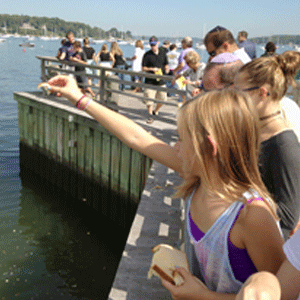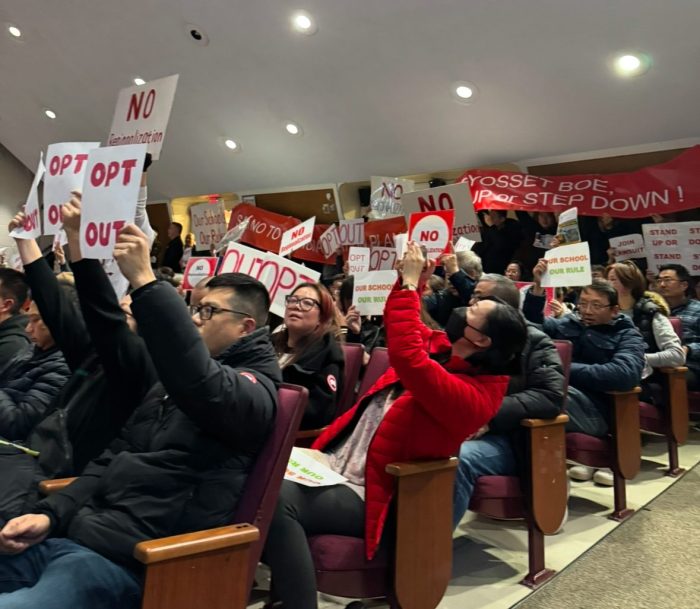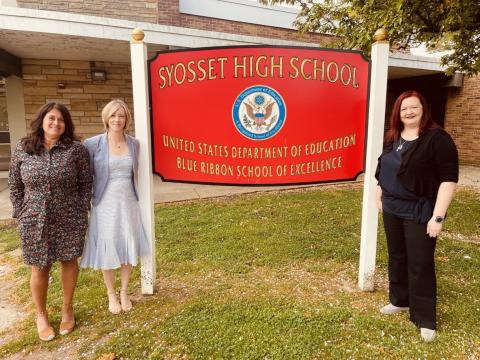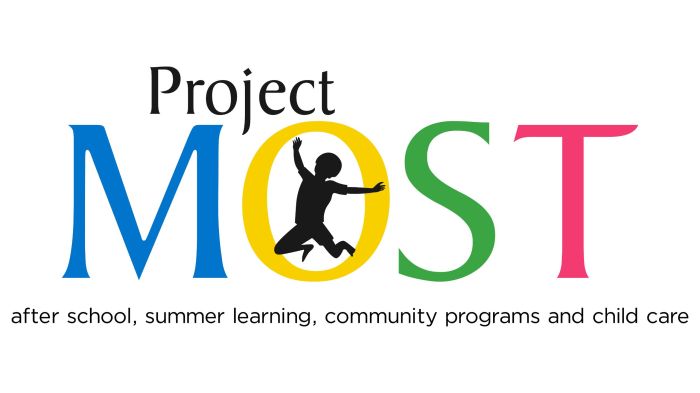The Jewish religion, like most other religions, is rich with tradition and ceremony. Around this time of year, Jews celebrate Rosh Ha-Shanah, the Jewish New Year. Rosh Ha-Shanah is marked by a number of traditions including the blowing of a ram’s horn called the shofar. This ritual is perhaps one of the most recognized and iconic of Jewish traditions. Between Rosh Ha-Shanah and before Yom Kippur, the Day of Atonement, and the holiest day of the year for the Jewish people, there is a little known tradition called Tashlikh (“tash-lik”) that is also practiced by Jews around the world.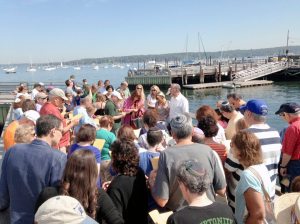
Tashlikh, which literally translates as “to cast off,” is the practice of casting off one’s sins into a large, natural body of flowing water containing fish and is usually performed on the afternoon of the first day of Rosh Ha-Shanah. On Sunday, Sept. 28, nearly 75 congregants of Temple Beth Torah of Westbury, led by their Rabbi, Michael Katz, gathered at Theodore Roosevelt Park in Oyster Bay, to take part in this annual tradition.
Temple Beth Torah chose the site at Theodore Roosevelt Park nearly a decade ago as there was no suitable body of water within walking distance from the Temple and has, over the years, made this ceremony a family affair, attracting young and old alike.
“Tashlikh is an important but lesser appreciated part of the Jewish faith, a moment when we consider the year that just past and reflect on our sins,” said Katz. During the Tashlikh ceremony, individuals cast off crumbs or small pieces of bread into the water as a symbolic act of “casting off” their sins.
At the ceremony, attendees learn about the meaning of this tradition, including why crumbs are cast into a body of water that contains fish. While there are differing views on this, one reason could be that because fish don’t have eyelids and thus they don’t close their eyes. This serves as a reminder that God too never closes His eyes, and is always watching out for us, as well as watching what we do.
“Through the act of Tashlikh, we all have an opportunity to not only reflect on the errors of our ways over the past year as we approach Yom Kippur, but also a unique way to turn it into a physical, yet symbolic act that makes an indelible impression,” added Katz.
Not strictly a solemn event, as Rabbi Katz jokes, “It’s always fun to see who brings what kind of bread: The very ‘pious’ shake a few crumbs from their pockets; others bring full loaves of bread to represent our many, many misdeeds.”
He is quick, however, to remind everyone that the casting away of the bread doesn’t get rid of our mistakes; it is merely a ritual reminder that during the days between Rosh Ha-Shanah and Yom Kippur, all Jews need to do the spiritual work of acknowledging their sins, and making amends for their mistakes.
Perhaps the next time we get the urge to feed the fish, we should recall the lesson of Tashlikh and take a moment to reflect on our mistakes and start afresh.
Michael Glickman is a member of Temple Beth Torah.



